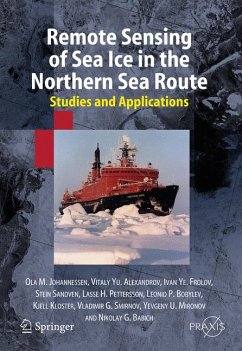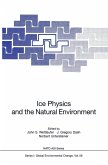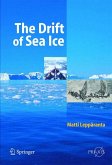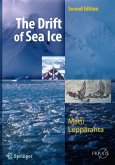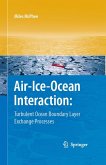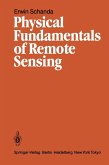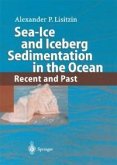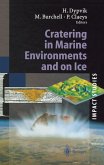Remote Sensing of Sea Ice in the Northern Sea Route: Studies and Applications initially provides a history of the Northern Sea Route as an important strategic transport route for supporting the northern regions of Russia and cargo transportation between Europe and the Northern Pacific Basin. The authors then describe sea ice conditions in the Eurasian Arctic Seas and, using microwave satellite data, provide a detailed analysis of difficult sea ice conditions. Remote sensing techniques and the basic principles of SAR image formation are described, as well as the major satellite radar systems used for ice studies in the Arctic. The authors take a good look at the use of sensing equipment in experiments, including the ICE WATCH project used for monitoring the Northern Sea Route. The possibilities of using SAR remote sensing for ice navigation in the Northern Sea Route is also detailed, analysing techniques of automatic image processing and interpretation. A study is provided of regional drifting ice, fast ice and river ice in the coastal areas of the Arctic Seas. The book concludes with a review of the practical experience using SAR images for supporting navigation and offshore industrial activity, based on a series of experiments conducted with the Murmansk Shipping Company on board nuclear icebreakers.
Dieser Download kann aus rechtlichen Gründen nur mit Rechnungsadresse in A, B, BG, CY, CZ, D, DK, EW, E, FIN, F, GR, HR, H, IRL, I, LT, L, LR, M, NL, PL, P, R, S, SLO, SK ausgeliefert werden.

